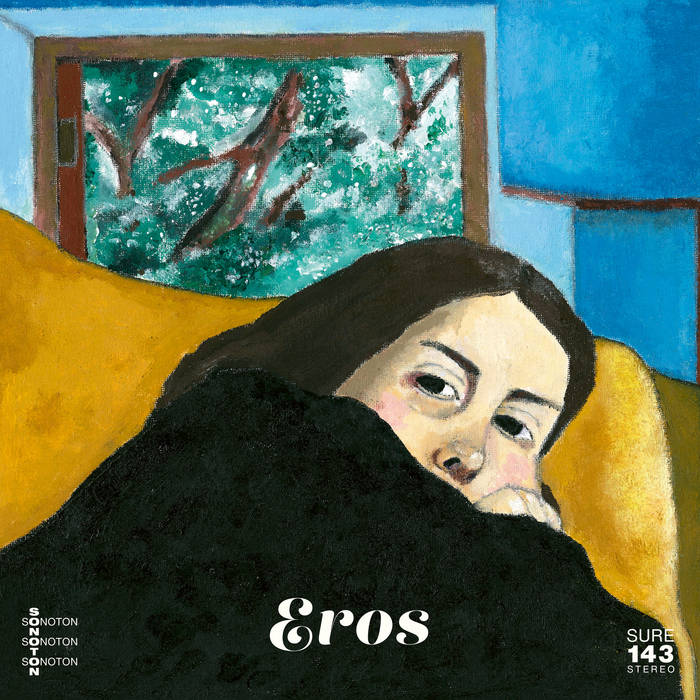There is a secret-ish history of whimsy as a driving force in English music that runs from the Beatles and early Pink Floyd all the way through to Aphex Twin. Forever approaching silliness yet never tipping over the edge, the mood is summoned anew on Eros, a delightful new orchestral project from Manchester experimental composer Daniel O’Sullivan.
A wearer of different hats and a conjurer of many moods, O’Sullivan is perhaps best known as one-half of the ominous instrumental duo Grumbling Fur. He has also collaborated with drone metal wizards of chill, Sunn O))), and Norwegian experimental electronic band Ulver.
This latest undertaking is composed for 14-piece ensemble and commissioned by a stock music library in Munich. But its defining quality is a madcap irreverence that will strike some listeners as specifically English. Hovering between Wind in the Willows and Monty Python, the vibe announces itself from the top with the droll parping trombone that ushers in opening track, ‘Golden Verses’.
Wry humour spliced with neo-classical stateliness sounds like a match in crossover hell. But O’Sullivan’s dextrousness and enthusiasm sell it. He is at pains, moreover, to never become predictable or fall into a shtick. On ‘Dolorous Stroke’, a splash of singer-songwriter piano mingles with banshee strings with results that are simultaneously comforting and jarring. The same impact is achieved through a shriek of sustained notes on the dazzlingly chilling ‘Rotunda Garden’ and via a Philip Glass-goes-Radiohead blend of guitar and jazz drum on ‘Flowry Orb’.
A hip-hop fan, he evokes the playful menace of prime Wu-Tang Clan with a booming groove laid beneath ‘Grapes Draped’. The energy is amped up yet further on ‘Plain Paper’. It starts with a stately string section reminiscent of the Kronos Quartet. Then, a big, jolly rumble of brass comes through like a steam-powered tractor at a village fete.
The effect is reprised on the joyous ‘Painting Rose’, which starts with a springy piano and hard-to-pin-down twanging sound before pivoting into a gorgeously looping melody. O’Sullivan goes on to stake out fresh territory between terrifying and twee on ‘Ars Memoriae’, where cheesy strings conjure with both sparkly lounge music and the bubbling angst of the best cosmic horror: Liberace meets Lovecraft. There is a tendency to think of beauty and laughter as mutually exclusive – but on this winningly unassuming album, light and shade mix in ways that are always emotive and never dull.


